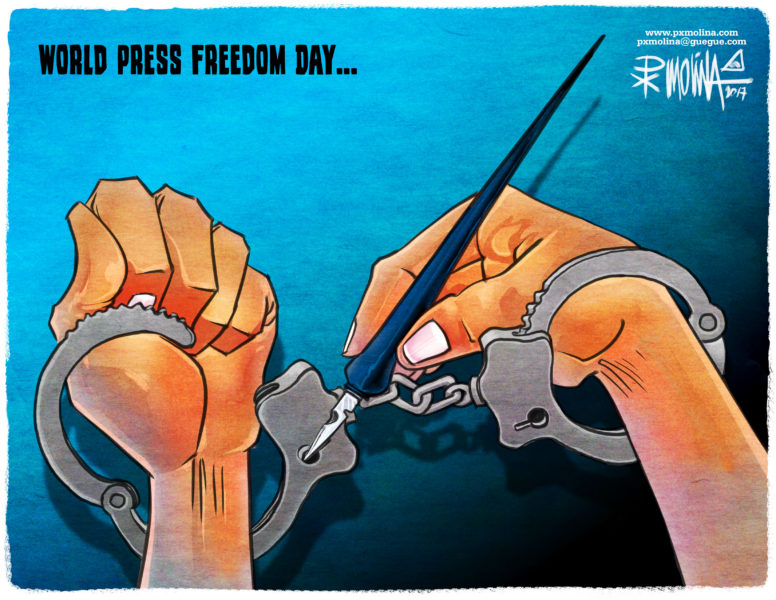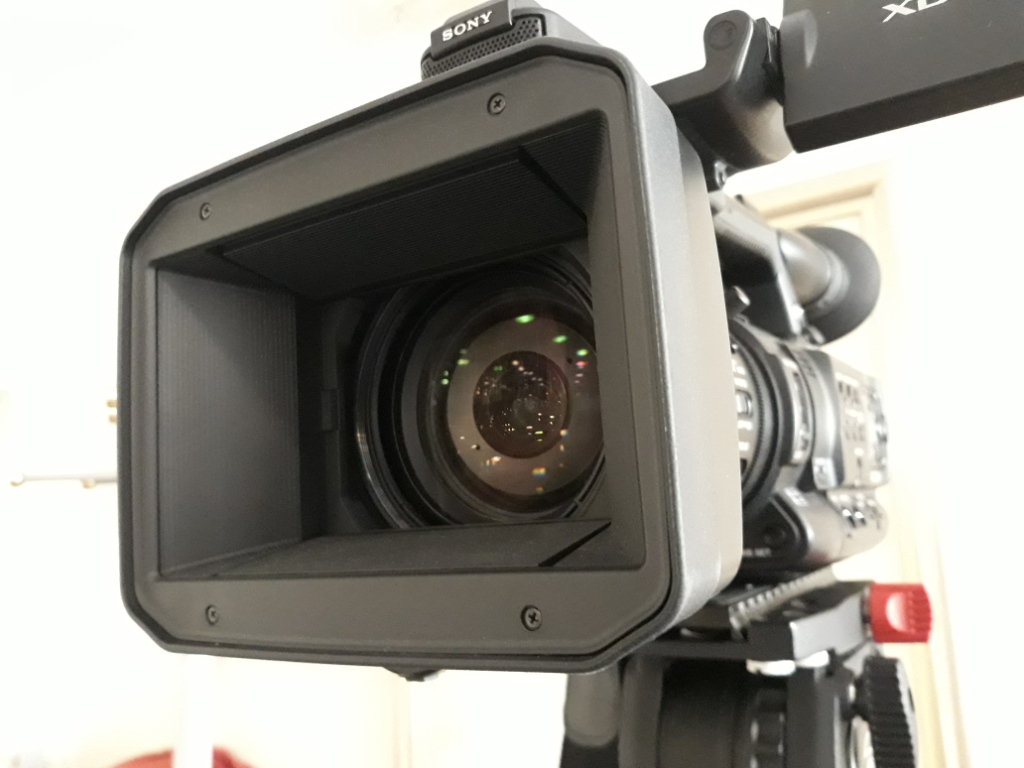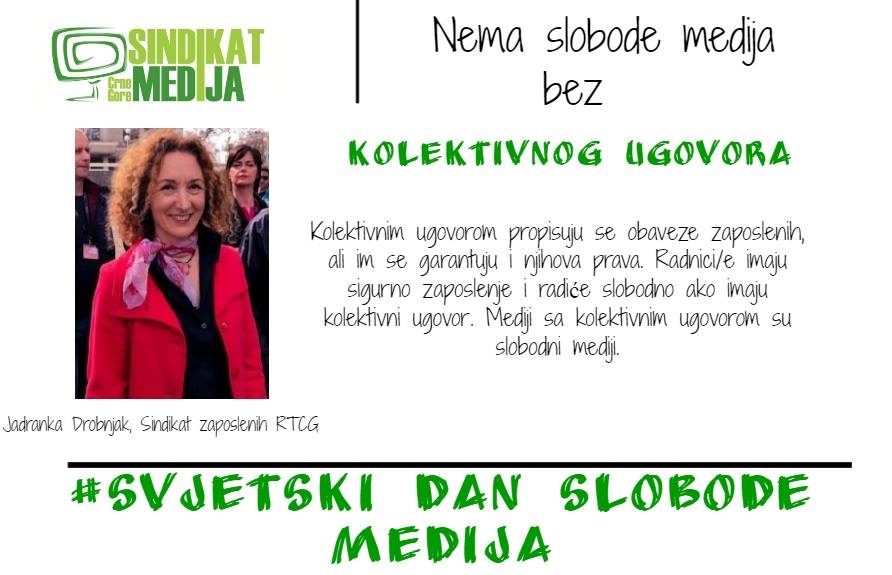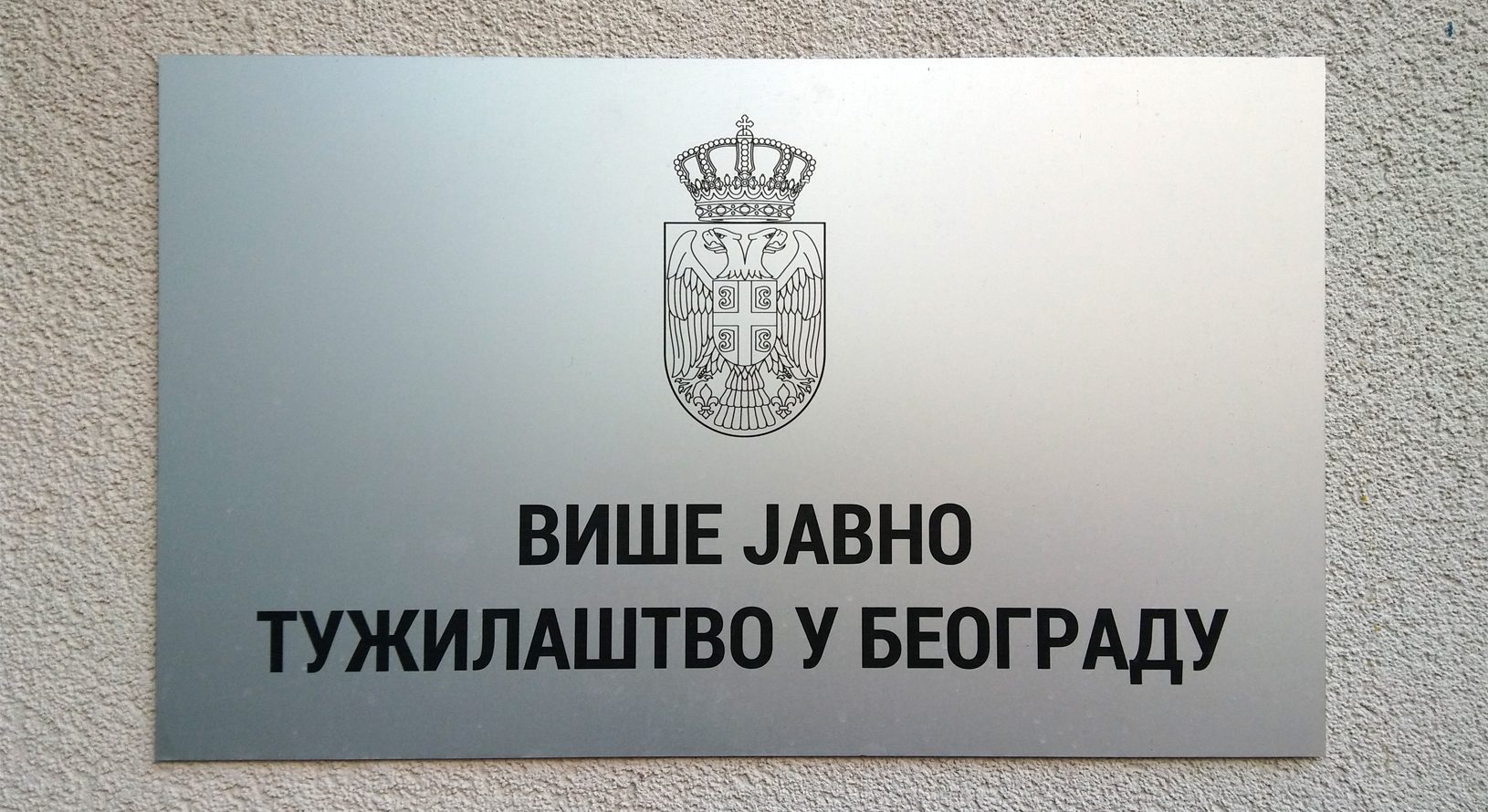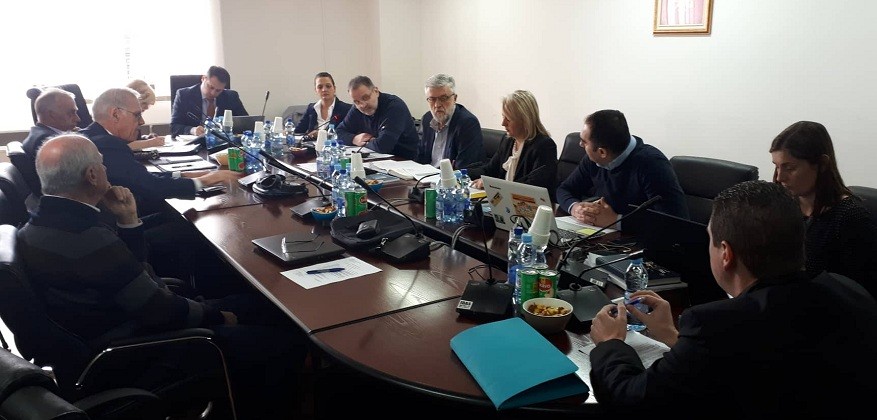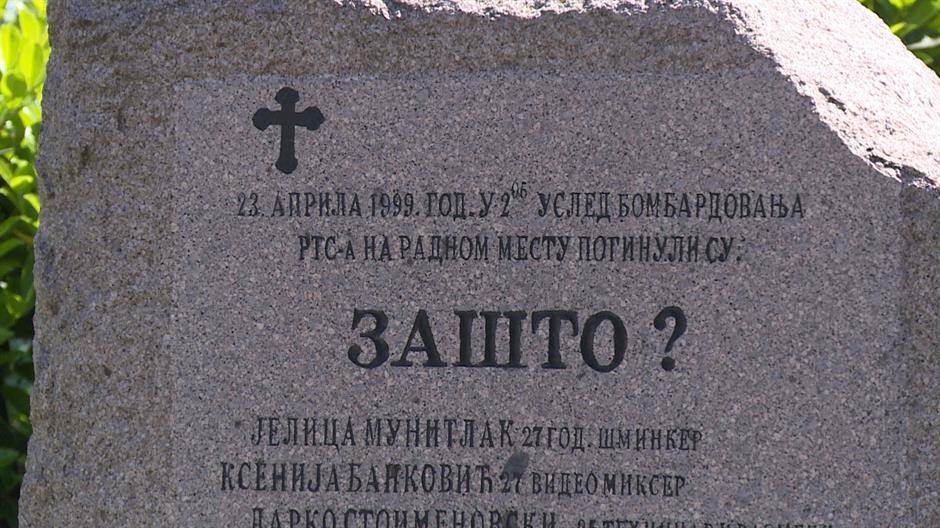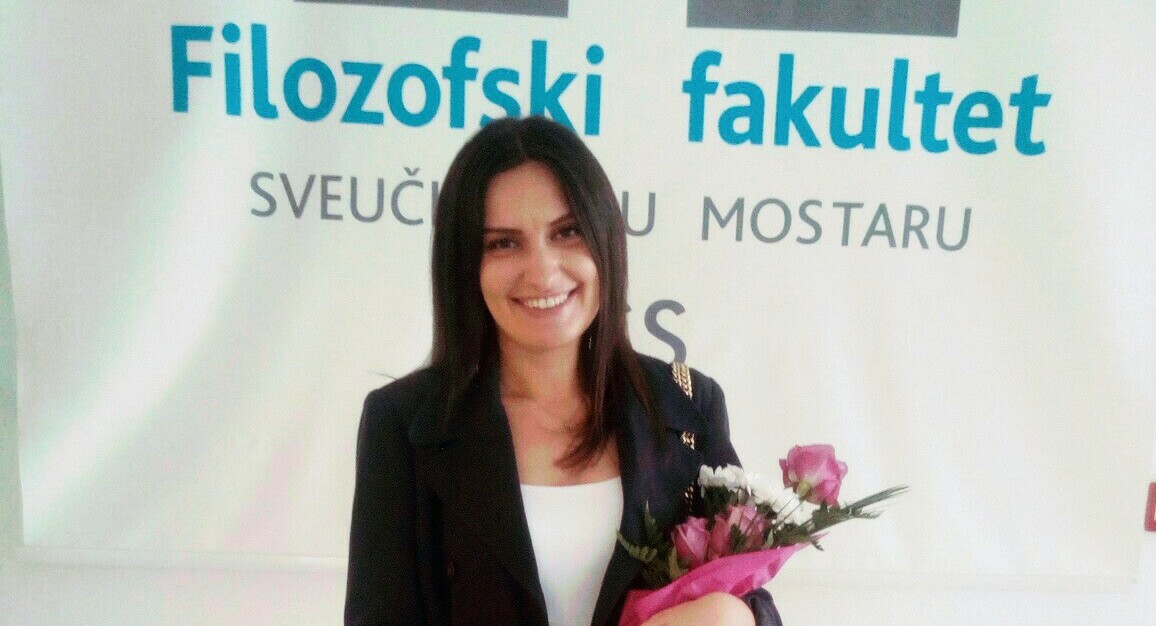SARAJEVO, 26.04.2019.- While IAB Serbia (Interactive Advertising Bureau) during Digital Days 2018 released the information that the online market in Serbia had achieved EUR 29.5 million in 2017 with serious growth in all segments, on the other hand, marketing agencies in Bosna and Herzegovina gabbled intact and thought about providing their international clients with answers regarding the ongoing and current questions about results, post – analysis campaigns, audience demography, attained and potential reach, monetary market value, including specific segments of the market. There is not enough available information regarding quality – based analysis and regarding planning either.
There are many causes for the unsettled digital market and responsibility equally represents the burden for both media houses and marketing agencies. In simple terms, due to lack of transparent market, any analysis is based on presumptions, approximate evaluations, and summing of those. While IAB operates in Serbia and this body was formed pursuant to mutual agreement between marketing agencies and media houses in 2011 and this body has also monitored the standardization of digital commercial advertising, promotion and education of advertisers, media houses and media agencies, on the other hand, this kind of body has never been formed in BiH nor anyone has been able to manage to organize adequate and competent association of online media houses, let alone association of all parties involved in the digital marketing market.
Affairs like “Gibraltar” confirmed enormous gaps in marketing agencies that should have operated as services and associated constituent parts of international and local (domestic) companies, instead, they managed to shake the trust of the advertisers into the BiH market. Apart from the fact that all accused parties were set free and exempt, direct results caused massive financial budget withdrawal from BiH and its re-directing to Croatian and Serbian market that, to some extent, could reach an audience in BiH, including global media such as Facebook, Google and YouTube.
Market without quality measuring is potential without implementation
Frankly speaking, media houses have not yet put in enough effort to make the market better than it is at present. While there are around 60 web sites in Serbia, co-financing the work of Genius Audience, the tool used to measure the traffic on web sites and audience demography functioning and operating in most parts of Mid Europe and Eastern Europe, in Bosnia and Herzegovina only three web sites have shown interests and expressed willingness to make their financial contribution, as far as this type of measuring issue was concerned. Also, particular media houses have continually imposed pressure on Gemius, in terms of signing in and signing out, deriving from conducted research and survey process, including measuring codes removal, because the outcome results proved different from what certain online media house entrepreneurs (owners) expected them to be and what they thought they should have been.
With the emerging of clickbait, the domination of Facebook traffic, posting and sharing of fake news, along with the above mentioned financial gains, Gemius operation became pointless and it gradually withdrew from the market.
Do metrics came as a substitute; an ambitious project that should have provided quality – targeted research and survey of the market affairs on daily basis, but the paying scenario has once again emerged as obstacle, including continuous effort by particular web sites to make influence on research and survey results and present their statistics better than they in fact were.
How to make progress and reach market growth?
According to the above mentioned, rather pessimistic market review, we could conclude that fundamental problems in the market concerning digital marketing in BiH, are lack of necessary information required for analysis and planning of media plans, non – transparency of media, corruption and bribery among marketing agencies, and absence and lack of education level of advertisers that with the level of their ignorance allow and enable “fog hunting”.
In order to take a pounce which we have all been waiting for (for years), and pounce which has already been launched in Croatian market, (and Serbian market is going through its initial stage), few steps are necessary and required for its emerging in BiH market: One of the first steps that should be accomplished is market standardization. Unifying of commercial advertising formats with international standards and equal or similar prices based on realistic and actual indicators and results. In order to accomplish that, it is necessary to have a formal organization and measuring process, but we shall discuss this later on. BiH market definitely needs a formal organization such as IAB, which would be authorized by both, media houses and media agencies to release public bids for market measuring results.
They should also organize education programs for media houses and market agencies, including advertisers and familiarize them with trends, technical specifications, tools and rules required for data and information analysis.
When we talk about measuring process, we must take one thing into serious consideration and that is: Quality aimed to measure is expensive to process. Undeveloped market, in its initial stage (as in BiH at this moment), is surely
not yet ready to pay full price to some of the leading researching and surveying agencies, but it should still use the opportunity provided, in terms of relatively affordable, but also quality – based, researching tools targeted for central and East European market, such as Gemius Audience and Dotmetrics.
Having in mind that almost all web sites at present have (more or less) incomes deriving from Google ads, perhaps the market is ready to apply and implement the model of charging for research and surveys, including financing of the association like other regional markets are practicing. Internal change and alteration of business operating policy are yet one of the most serious steps that parties and entities involved in digital marketing should do.
Despite the fact that internet advertising is indeed subject to most adequate measuring and potentially it provides the best possible feedback, since online advertising is considered as side by side with television advertising in the world, according to estimates provided by analysts, digital marketing market in BiH takes place in this process with merely 6% to 7% of its share, while television absolutely dominates with around 60% of its share.
There are many reasons for such a range gap, with three of them being considered as the most important reasons: 1. Television houses take part in (more or less) formal association and have official measurer which is accepted by all participating members. 2. Television represents a traditional media source, so media planers already have certain pre-knowledge, in terms of creating their plans, and, although digital media sources should take part with more significant share ratio than what they currently have, lack of education of planers is favoring television houses. 3. Personal interests and agreements (deals) between agency entrepreneurs (owners) and television houses.
Web sites should also replace short term strategies with mid-term and long terms strategies. From my own personal experience, I know that large part of media houses think that instant earning of BAM 1.000.00 is better than earning
the amount of BAM 10.000.00 in six month time, as they are ready to provide dumping prices as well, in order to accomplish their short – term goals. Equalization of measuring units with the international standards, including equalization of commercial advertisement format in both, shape and technical sense – all of this would make a significant contribution as far as preparing advertisers for the entire market in a most simple way is concerned.
We are often presented with the opportunity to see media plans prepared by our colleges from agencies and how they, to some extent, must prepare the same format in ten different dimensions. Therefore, for billboards format we often encounter different varieties: 970×250, 960×250, 980×250, 970×200, 960x 240 etc. Certain media houses require click tag script; others demand third-party script, and some even must upload directly the creative version to their own server. The advertiser that is preparing regional or global campaign will experience significant problems if the creative agency is located somewhere on the other part of the planet, as this can present advertisers with enormous cost and expense, especially if we take into consideration the ratio between required plotting and producing costs with the amount of total budget available.
Transparent pricelists, respecting the discount scale and getting paid through invoices, should represent fundamental business principles. Once we sweep the floor in our own house and settle internal factors, we could then expect a bigger amount of trust, more investments and at the same time, we could expect better results.
This text is a part of E-Bulletin– ninth edition of special serial of BHN online bulletin implemented through the “Media and Public Reputation” (origin. “Mediji i javni ugled”) project, also representing a contribution to public debate regarding the transparency of media ownership and upholding and encouraging the passing of set of laws aimed to advance media field and information market in BiH.


